1. Owning Exotic Pets

In several U.S. states, it’s entirely legal to own exotic animals like tigers, monkeys, or venomous snakes with little more than a permit—or none at all. Animal welfare groups warn that these laws put both owners and the public at risk. Cases of escaped or mistreated exotic pets are not uncommon and often make national headlines. The patchwork of state laws creates a system where dangerous animals can be kept in suburban backyards.
Most countries have strict national bans or tight regulations on owning exotic wildlife. Animal welfare, ecological balance, and public safety are the driving concerns abroad. In places like the UK or Japan, owning a tiger would be unthinkable without a zoo or sanctuary license. Yet in the U.S., the “freedom to own” still often overrides these precautions.
2. Pharmaceutical Ads on TV
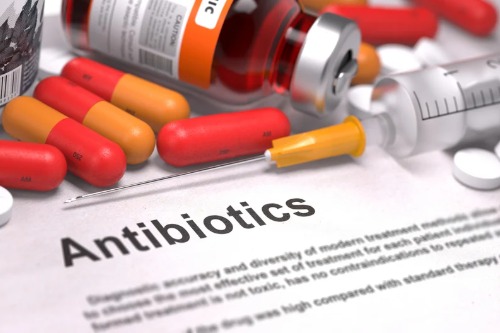
If you’ve ever turned on American television, chances are you’ve seen a commercial urging you to “ask your doctor” about a specific medication. The U.S. is one of only two countries in the world, along with New Zealand, that allows direct-to-consumer pharmaceutical advertising. In most other nations, only medical professionals can be targeted with drug marketing due to concerns about consumer manipulation, according to Elisabeth Rosenthal from the Journal of Health Economics and Outcomes Research. Critics argue these ads can lead to unnecessary prescriptions and overuse of medications.
In the U.S., pharmaceutical companies spend billions each year on these flashy, side-effect-filled ads. Supporters say they empower patients with more information, while detractors believe they confuse the public and inflate drug prices. These commercials have become a staple of American media, often featuring dramatic narratives and soothing music. But in most of the world, you’d never see a prescription drug promoted during prime-time TV.
3. Drinking at 21

While much of the world allows legal drinking at 18—or even younger—the U.S. stands out with its minimum legal drinking age of 21. This law was federally enforced in 1984 by tying compliance to highway funding, aiming to reduce drunk driving among young adults, according to Susan Bernstein from WebMD. Despite the original intent, the rule remains controversial and often challenged by those who argue it’s outdated. It also contributes to underage drinking in less controlled, riskier settings like college parties.
In places like Germany, France, and Australia, young people can legally drink in public much earlier and often under family supervision. Some argue that this fosters more responsible habits over time. By contrast, the U.S. approach can make alcohol seem forbidden and more appealing to youth. While the debate continues, the U.S. remains one of the few developed countries with such a high drinking age.
4. Corporate Political Donations
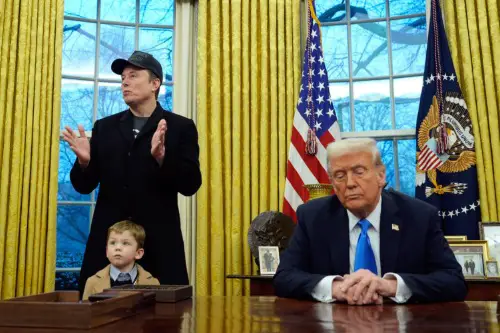
In the U.S., corporations and special interest groups can pour unlimited funds into political campaigns thanks to court rulings like Citizens United v. FEC, according to the Federal Election Commission. This decision framed corporate spending on elections as a form of protected speech under the First Amendment. Super PACs, which can raise and spend unlimited money, often fund negative ads or heavily influence political messaging. Many critics believe this gives corporations disproportionate sway over public policy.
In countries like the UK, France, and Canada, strict limits or outright bans on corporate political contributions help maintain electoral integrity. Publicly funded campaigns are more common, reducing the influence of big money. The American system, however, is deeply entrenched and shows little sign of changing. It remains a legal but globally rare way for businesses to impact democracy.
5. Bail for Profit
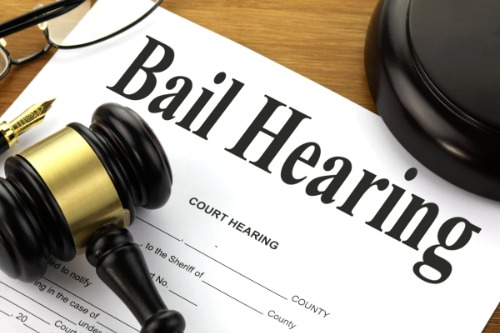
Class-action lawsuits allow a group of people to sue a company together, often leading to major settlements for corporate wrongdoing. In the U.S., this legal tool is used frequently in cases involving defective products, false advertising, or environmental harm. It’s considered a powerful check on corporate abuse and a way to make justice more accessible, according to Stephanie Wylie from the Brennan Center for Justice. Lawyers take on these cases with the expectation of receiving a share of any settlement.
Other countries have been slow to adopt this system due to concerns about abuse and litigation overload. Critics argue that class actions often enrich attorneys more than the victims they represent. While some nations have limited forms of group litigation, few match the American version in scope or frequency. It’s one more element of U.S. law that baffles outsiders.
6. College Sports Scholarships
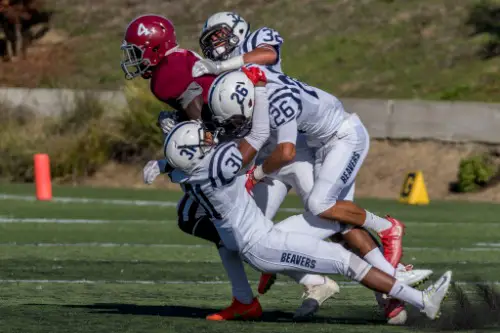
In the U.S., student-athletes can receive full college scholarships that cover tuition, housing, and other expenses. These scholarships are tied to performance in sports like football and basketball, which generate billions in revenue for universities. This blending of academics and high-stakes athletics is virtually unheard of elsewhere. In most countries, sports and higher education operate separately.
Countries like Germany and the UK focus on academic merit for university admission, with athletes training in clubs or private academies. Critics say the American model can overemphasize sports at the cost of academic growth. Still, many see college athletics as a gateway to opportunity, especially for students from underserved communities. Regardless of the benefits, it’s a system few other nations replicate.
7. Drinking Raw Milk

While raw milk is promoted by some in the U.S. as a health food, it’s banned or heavily regulated in many parts of the world. Advocates claim raw milk contains beneficial enzymes and probiotics that are destroyed by pasteurization. However, public health agencies warn that it can carry bacteria like salmonella and E. coli, which pose serious health risks. Despite the dangers, raw milk is legal to sell in many U.S. states, often with warning labels.
Countries like Canada, Australia, and much of Europe prohibit its sale due to past outbreaks and scientific consensus on safety. In those nations, milk must be pasteurized before it hits the shelves. In the U.S., though, individual choice often trumps regulatory caution. This reflects a broader American tendency toward personal freedom in consumer decision-making—even when it involves food safety.
8. Class-Action Lawsuits
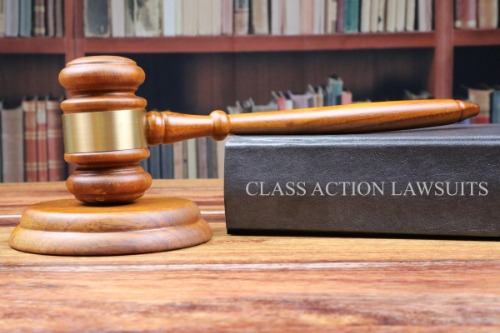
In most countries, if a big company wrongs a group of people, individuals have to sue separately, making legal battles costly and difficult. But in the U.S., class-action lawsuits allow a large group of people to sue a company together. These lawsuits have led to major settlements over issues like defective products, misleading advertising, and environmental damage. The idea is that they help hold powerful corporations accountable when they harm consumers.
However, other countries see class-action lawsuits as a legal headache that encourages frivolous litigation. Some argue that they lead to huge payouts for lawyers while individual victims receive only small compensation. Despite the criticisms, class-action lawsuits remain a powerful tool in the American legal system. Whether you see them as a necessary check on big business or a system ripe for abuse, they’re something you’ll find in very few places outside the U.S.
9. Lawyer Advertisements
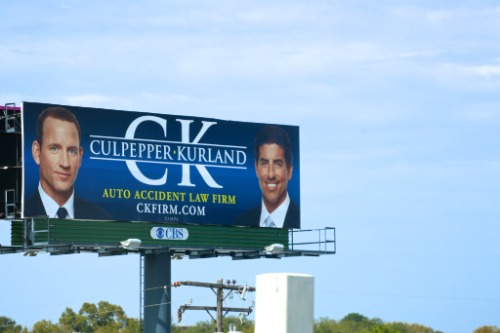
Legal services in the U.S. are often marketed with the same intensity as fast food or tech gadgets. From billboards to late-night commercials, lawyers advertise their services loudly and frequently. This is considered normal in America, where the First Amendment protects commercial speech, including legal ads. It’s common to see slogans like “We don’t get paid unless you win!”
Elsewhere, however, legal advertising is seen as unprofessional or even unethical. Countries like the UK, Canada, and Germany place tight restrictions on how and where lawyers can market themselves. The concern is that legal services should remain dignified and not be reduced to sales pitches. The U.S., however, embraces this more aggressive approach as part of its open marketplace.
10. Unrestricted Gun Ownership
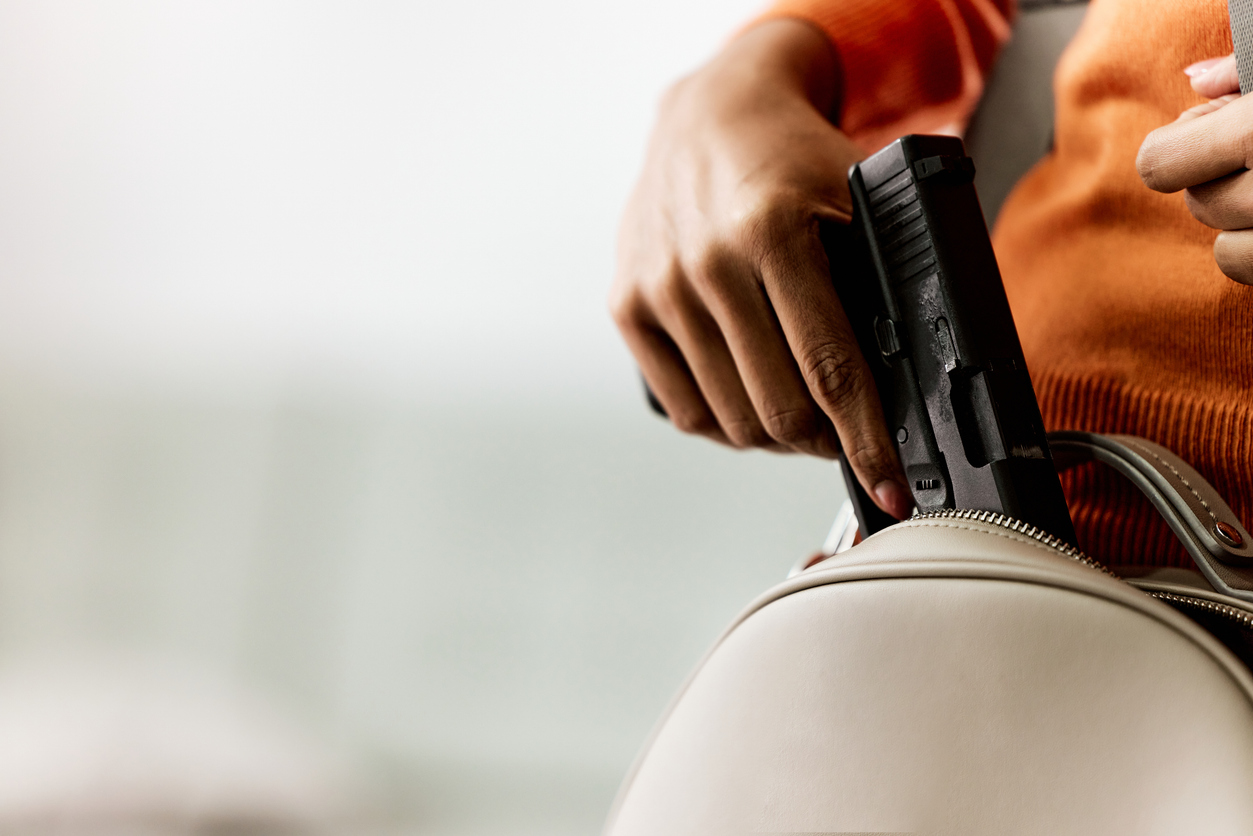
Gun ownership in the U.S. is protected by the Second Amendment and embraced by a large portion of the population. Many states allow open or concealed carry without permits, and firearms can be purchased with fewer restrictions than in most countries. This has led to over 400 million privately owned guns in the U.S., more than one per person. Gun culture is deeply embedded in American history and politics.
Most developed countries, by contrast, have rigorous processes for obtaining a firearm. Nations like Japan, the UK, and Australia require background checks, licensing, and training, making guns far less accessible. The U.S. stands nearly alone in both the sheer number of civilian weapons and the laxity of its gun laws. It’s a stark contrast that continues to fuel global debate and domestic controversy.
11. Patent Trolls
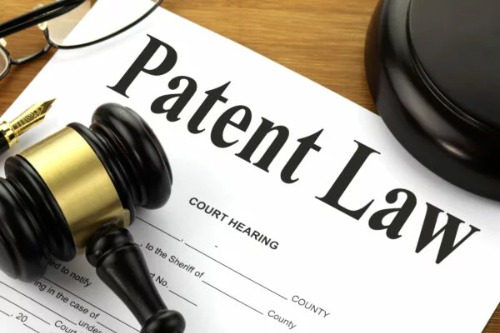
In the U.S., some companies make money not by producing anything, but by filing lawsuits over patents they’ve purchased. These so-called patent trolls target startups and tech firms, claiming infringement and demanding settlements. The practice exploits vague or overly broad patents, turning innovation into a legal trap. It’s a business model that’s legal in America but rare in other countries.
European countries and others have stricter rules on who can file patent infringement suits and for what purpose. Many jurisdictions require a demonstrable intent to use a patent before granting rights. In the U.S., however, the legal system has enabled a cottage industry of companies that weaponize intellectual property. It’s another uniquely American quirk that leaves entrepreneurs and tech giants frustrated.
12. Paid Blood Donations

In most of the world, donating blood is exactly that—a donation, done purely for altruistic reasons. But in the U.S., plasma donation centers pay people for their blood plasma, turning it into a billion-dollar industry. This practice is banned in many developed countries due to ethical concerns about exploiting low-income individuals. Critics argue that when people donate blood for money, they may be less honest about their health conditions, increasing risks in the blood supply.
Despite the controversy, the U.S. supplies nearly 70% of the world’s plasma, with many donors relying on it as a source of income. Some plasma centers even offer frequent donor programs, allowing people to donate multiple times a month for steady cash. While supporters say it helps meet medical demand, others believe it raises ethical questions about whether people should have to sell their own bodily fluids to make ends meet. Love it or hate it, the paid plasma system is yet another thing that’s legal in the U.S. but rare elsewhere.
13. Sprinkles with Banned Ingredients

In the U.S., colorful sprinkles loaded with artificial dyes are standard in bakeries and grocery stores. But in countries like the UK and Norway, certain artificial colorings—such as Red 40 and Yellow 5—are banned or require warning labels due to potential health effects. These dyes have been linked to hyperactivity in children and other behavioral issues, prompting tighter regulation abroad. Yet in America, they remain widely used in snacks, cereals, and yes, even cupcakes.
The Food and Drug Administration considers these dyes safe within regulated limits, so they continue to appear in countless products. While some U.S. companies offer dye-free alternatives, the brightly colored versions dominate shelves. International visitors are often shocked at how common these artificial ingredients are in American foods. It’s a small but vivid example of how U.S. food regulations differ drastically from those in much of the world.


